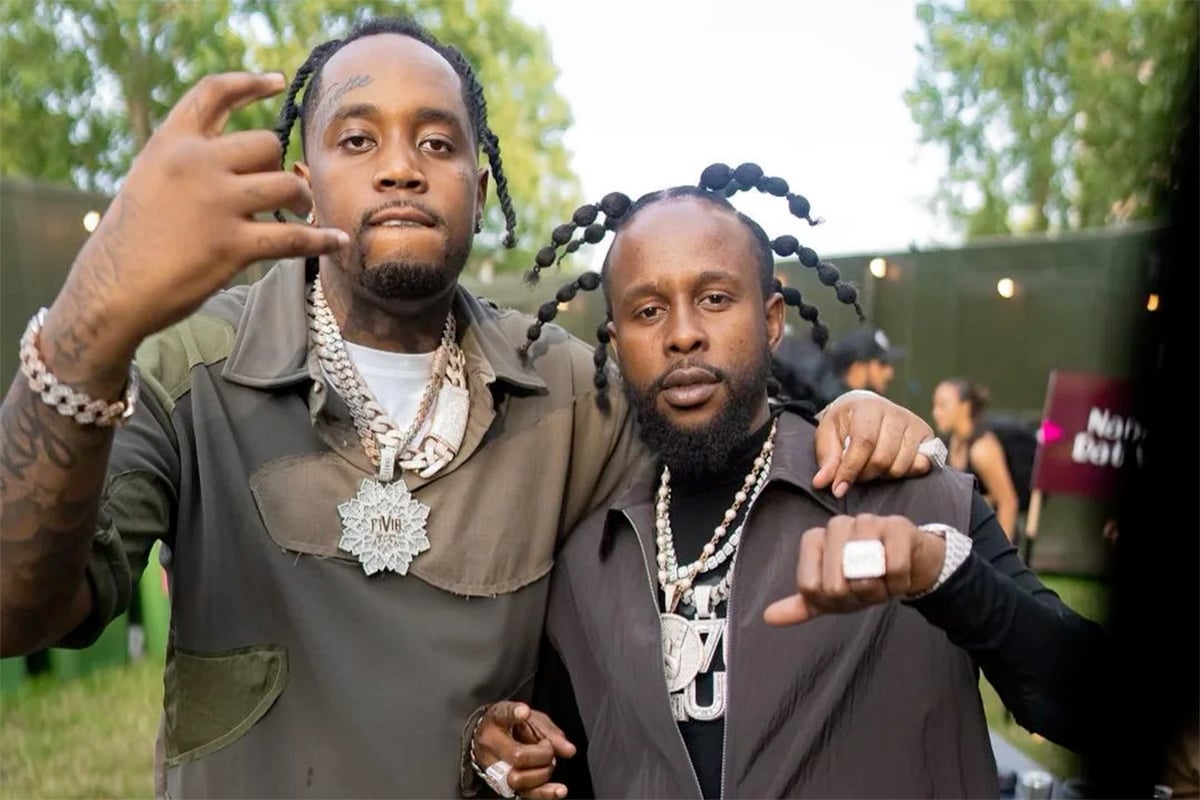Ed Sheeran Wins Copyright Case Accusing Him of Copying Marvin Gaye
In a Manhattan federal court hearing on a copyright claim, Ed Sheeran was found not responsible for using significant portions of the Marvin Gaye ’70s hit song “Let’s Get It On” in his own song “Thinking Out Loud.”
The verdict was reached on Thursday (May 4), clearing Sheeran after a few hours of deliberation. The trial ran for two weeks. Sheeran spoke to the press after the court was adjourned.
Before deliberation, U.S. District Court Judge Louis Stanton said, “Independent creation is a complete defense, no matter how similar that song is.”
“I am obviously very happy with the outcome of the case, and it looks like I’m not going to have to retire from my day job after all,” Sheeran said. I am absolutely frustrated that baseless claims like this are allowed to go to court at all… If the jury had decided this matter the other way, we might as well say goodbye to the creative freedom of songwriters.”
He said, “I am just a guy with a guitar who loves writing music for people to enjoy.”
The case ended amicably. According to The Associated Press, Sheeran thanked the jury while also speaking and exchanging pleasantries with the plaintiffs.
Sheeran would also release a full statement after the court was over, which is available below.
Good afternoon,
I am obviously very happy with the outcome of the case, and it looks like I’m not going to have to retire from my day job after all – but, at the same time, I am unbelievably frustrated that baseless claims like this are allowed to go to court at all.
We have spent the last eight years talking about two songs with dramatically different lyrics, melodies and four chords which are also different and used by songwriters every day, all over the world.
These chords are common building blocks which were used to create music long before “Let’s Get It On” was written and will be used to make music long after we are all gone. They are a songwriter’s ‘alphabet’, our tool kit and should be there for us all to use. No-one owns them or the way they are played, in the same way, nobody owns the color blue.
Unfortunately, unfounded claims like this one are being fueled by individuals who are offered as experts in musical analysis. In this instance, the other side’s musicologist left out words and notes, presented simple (and different) pitches as melody, creating misleading comparisons and disinformation to find supposed similarities where none exist. They tried to manipulate my and Amy’s song to try to convince the jury that they had a genuine claim, and I am very grateful that the jury saw through those attempts. This seems so dangerous to me, both for potential claimants who may be convinced to bring a bogus claim, as well as those songwriters facing them. It is simply wrong. By stopping this practice, we can also properly support genuine music copyright claims so that legitimate claims are rightly heard and resolved.



